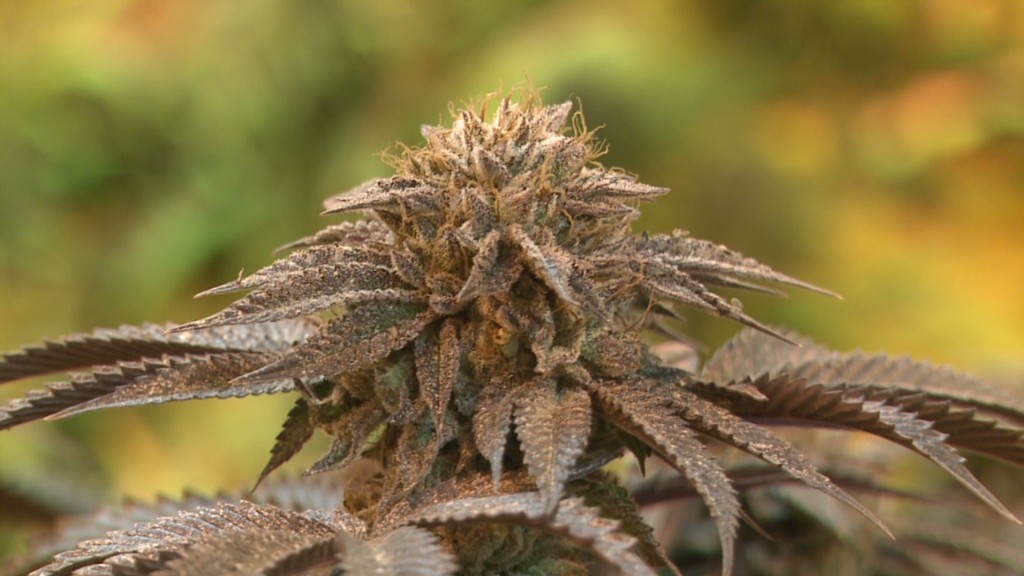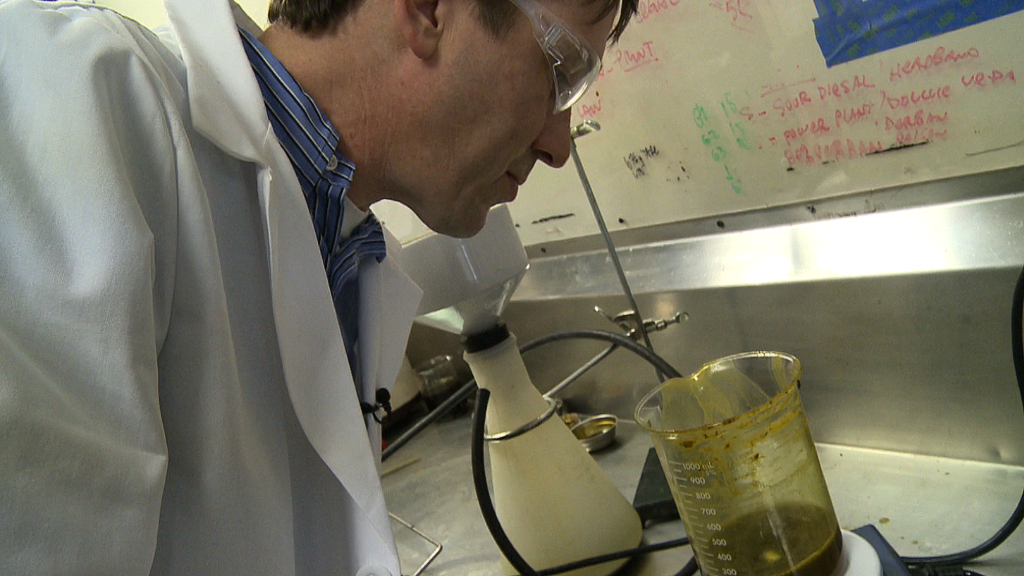
Taxing pot could raise hundreds of millions of dollars but still not be the moneymaker states were hoping for.
Colorado and Washington State are launching their legal recreational marijuana industries, and both are coming to terms with scaled back expectations.
Washington had projected up to $450 million in annual tax revenue, but the state's new pot consultant figures it could be little more than half that.
In Colorado, the Colorado Futures Center think tank forecasts $130 million in taxes but thinks that won't even cover the cost of regulating the new industry.
Related: Legal marijuana's all-cash business
Still, these forecasts are rough guesses. They're based on estimates of drug usage and marijuana prices, both of which are difficult to measure because most of the cannabis industry is underground.
Another problem will be tax collection, especially because it's an all-cash industry. Banks and credit card companies won't service pot businesses while cannabis is still deemed illegal at the federal level.
To address that problem, Washington regulators hope to monitor every gram that's grown, moved and sold.
"We're going to look at some sort of traceability system that's going to track the plant from the plant to the sale," said Pat Kohler, a director at the state's Liquor Control Board. "This is definitely a challenge, a long with many other challenges."

At least one private company, MJ Freeway in Colorado, already does so-called "seed-to-sale" tracking. Still, CEO Amy Poinsett warns that the all-cash nature of the industry encourages wrongdoing, like laundering money.
"There's quite a temptation to just slip $500 into your pocket," Poinsett said, noting it's a shame because "this is one of the only industries where people are saying, 'Please regulate me. Please tax me.'"
In Colorado, anti-pot politicians are threatening to roll back legalization if voters don't approve higher taxes. There's a proposal to send the question to voters later this fall.
Taxes are already high in Washington. The law approved by its voters last year includes a 25% sales tax at three different stages: when it's sold from grower to processor, processor to retailer, and retailer to customer. That will add a few dollars to every store purchase, pushing the price of a gram from its current average of $10 closer to $15.
Related: Is marijuana legal or not?
With tax rates fixed in Washington, raising more revenue would have to come from selling more weed. To accomplish that, regulators could potentially hand out more licenses and lessen restrictions on growers and sellers.
But that conflicts with one of the state's primary concerns: carefully controlling the price of marijuana.
A glut of product would cause the price to plummet, creating an export market that sends marijuana to states where it's not legal, like Oregon. Washington's pot consultant, Mark Kleiman, describes it as a careful balancing act.
"You need the price to be high enough to discourage drug abuse and exports out of state, and low enough to take business away from medical and illicit markets," he said.



